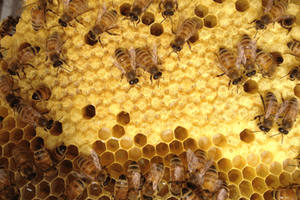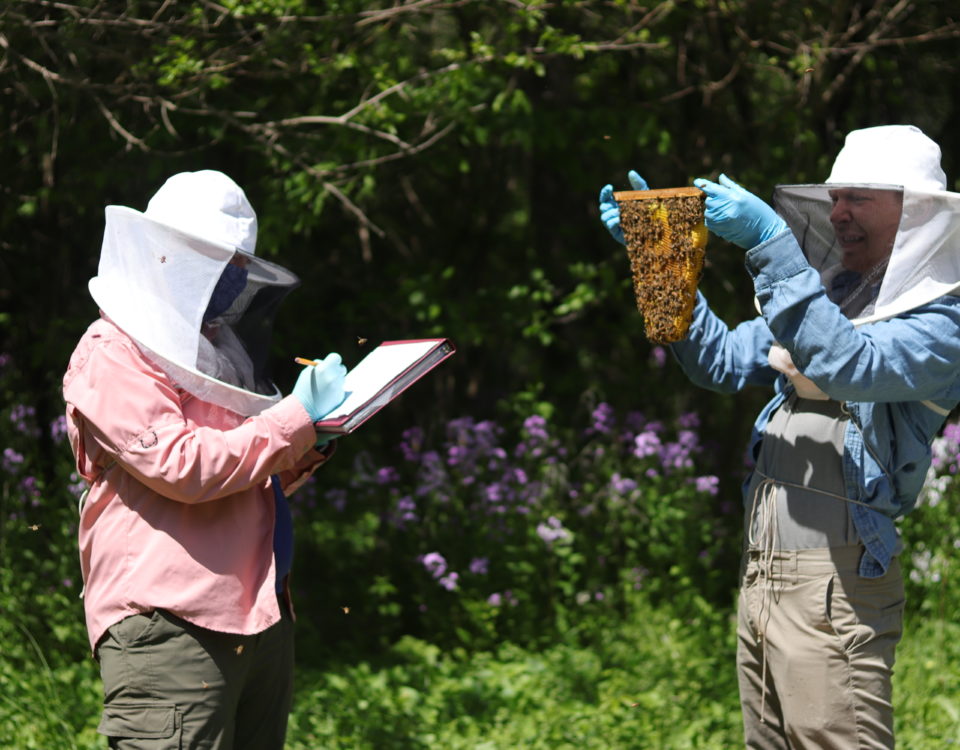- All-In-One Beekeeping for the Bees
- +1-608-728-8233
- info@beepods.com
3 Ways I’ve Learned About Bees Through My Toddler’s Eyes
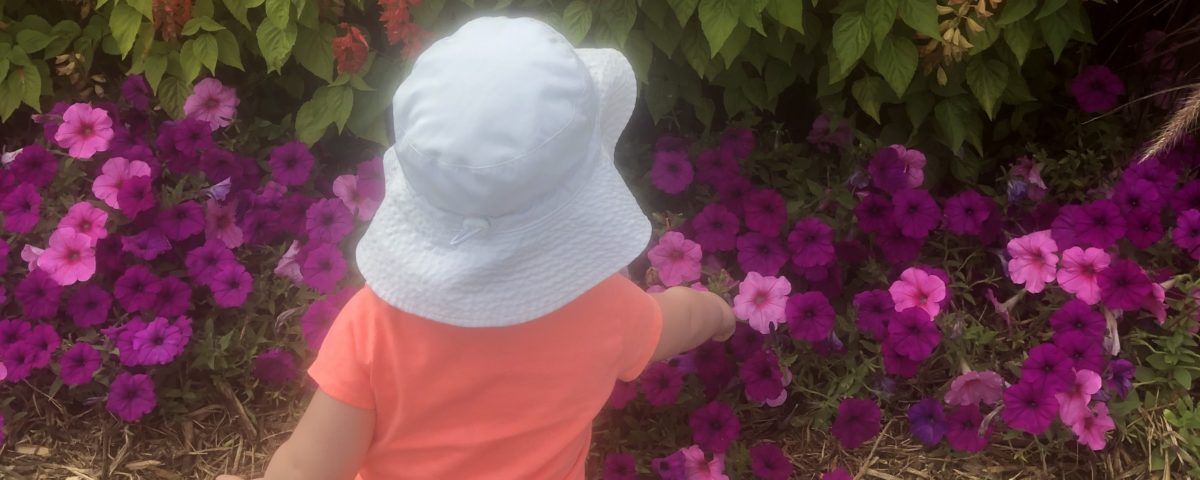
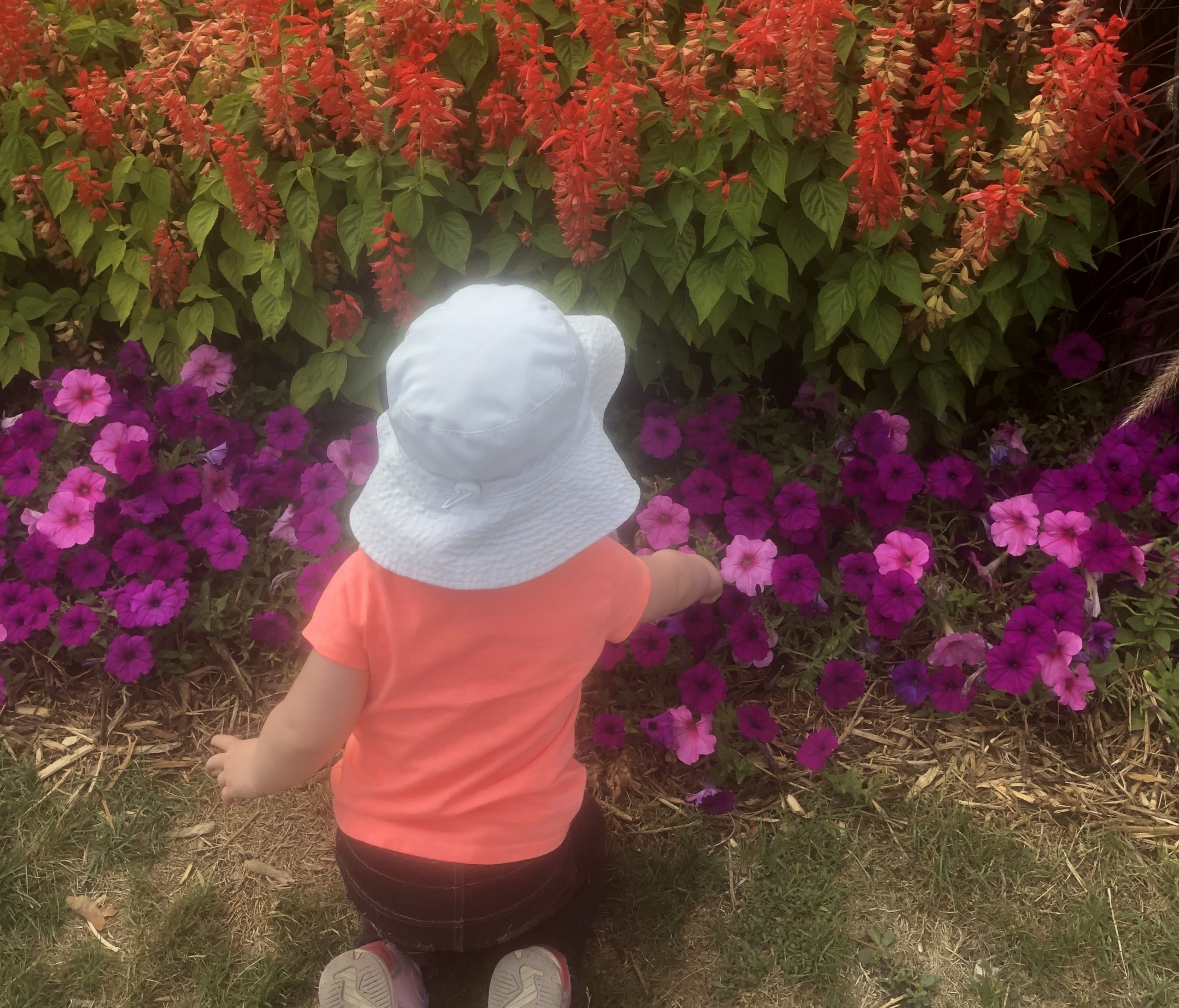 When I started writing for Beepods last year, I didn’t know too much about bees. Through countless hours of reading through Beepods’ many resources, I quickly found out just how vital honey bees are to our planet. I got hooked.
When I started writing for Beepods last year, I didn’t know too much about bees. Through countless hours of reading through Beepods’ many resources, I quickly found out just how vital honey bees are to our planet. I got hooked.
As a mom to a 2-year old little girl, immersing myself in the world of sustainable beekeeping has opened my eyes to the many opportunities there are to teach even the youngest kids about pollinators.
From children’s books and videos to adventures in nature, learning about bees through my toddler’s eyes has shown me just how easy it is to start teaching kids about the importance of bees and other pollinators at any age.
Bees in Books
As a writer for Beepods, naturally, I take far more notice to bee references in children’s books than the average parent might! It’s been a fun experience for me to read these books with my daughter and use them as introductions to (2-year-old level) conversations about bees, pollinators, and why they matter.
One of the first bee-centric books that crossed my family’s path is Pooh’s Secret Garden. In it, Pooh Bear is on one of his usual hunts for honey. He learns from Rabbit that honey bees pollinate gardens and, more importantly (to Pooh), make honey thanks to flowering plants. Pooh and Rabbit create a garden, and our favorite fabled bear gets his sweet payoff. It’s a fun and lighthearted story, but the message of the importance of pollinators is wonderfully woven in. Follow Pooh’s lead and learn how you can create a pollinator-friendly garden!
Another bee-related book I enjoyed discovering with my daughter is Honey by David Ezra Stein. The short-but-sweet book tells the tale of another bear on the search for honey. It chronicles the bear weathering the seasons, keeping tabs on bees, and patiently waiting for the time of year when he can indulge in his favorite treat. It’s a beautifully illustrated and simple book that has led to many conversations about when and how bees make honey.
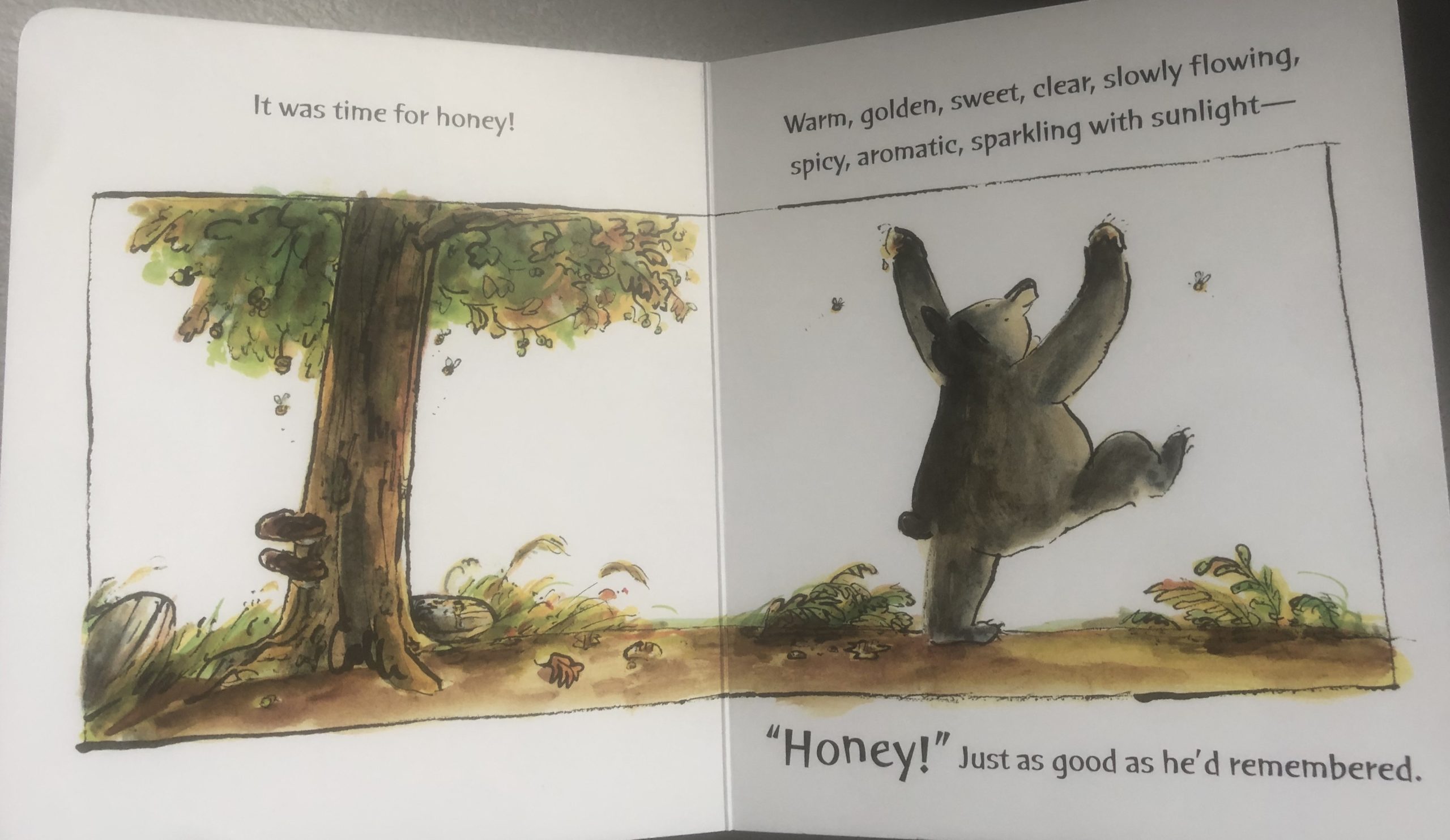
“Honey” by David Ezra Stein
There are many books out there about beekeeping and the importance of honey bees and other pollinators. While much of the literature in our house is tailored to little minds, we have a blog post with a great list of books about bees that you can check out!
Videos About Bees
Another way I’ve learned about bees through my toddler’s eyes has been through educational videos on YouTube. One day, my daughter was patiently playing while I completed research for a Beepods article and developed a strong interest – okay, obsession – with Animalogic’s educational video, The Amazing World of Bees.
While the video wasn’t made for toddlers, she was fascinated by the bees on screen. Learning interesting bee facts and getting to talk with my toddler about bee anatomy and life in the hive? Work-win and parenting-win for me! There have been days we’ve easily watched that video a dozen times. And with each viewing, we talk about what the bees are doing, how they work together, and how their bodies support their many tasks and jobs.
Another fun bee video, though more entertaining and less formally educational, is Bee Movie. If you haven’t seen it, it’s about a bee who “graduates” into life as an adult bee in his hive. The movie isn’t factual (come on, a male bee destined for anything but life as a drone??), but there are points in the film that shed light on real bee facts. Learning about how bees all have essential roles in their hives is one big takeaway from the animated flick!
If you have a kid like mine who is fascinated by watching bees and learning about them, we have a ton of educational videos in Beepods’ members-only area, Beepods Lab. I’ve shown her our videos “The Honey Bee Flight Path” as well as “Capturing a Swarm” to her delight. And while she may not be getting a beehive of her own anytime soon, I enjoy learning more about bees with her as we watch.
Learning About Bees in Nature
As much fun as it is for me to read and watch videos about bees with my daughter, there’s no experience quite like seeing my favorite pollinators in action.
During the summer months, I often took her to Waukesha’s Frame Park, where the Formal Gardens serve as a perfect natural classroom for observing bees. The gardens are full of vibrant, beautiful flowers and plants. And while my little one certainly observed and jabbered about the many colors she recognized and “big” and “little” flowers, her favorite part of each visit was watching the very busy bees. It seemed as if every time we were there, it was a pollinator party. Everywhere we looked, bees were landing on flowers, gathering pollen, slurping nectar, and enjoying the incredible bounty the gardens must provide them.
I would crouch down next to my daughter as we’d pick a bee to watch and admire. We’d talk about where that bee might live, what its worker bee friends would be doing with that pollen and nectar back at the hive, and how important it is for us to be kind and considerate of bees.
I’d be lying if I said there weren’t a few “don’t hit the bees!” thrown in there because she is a toddler. But overall, our live-learning adventures about bees and the importance of pollinators were incredible and precious experiences for her and me.
As my little girl gets older and can understand more about the intricate world of bees, I can’t wait to print off some of the lesson plans we have in Beepods Lab to share their activities with her. Since there are lesson plans for K-12 in Lab, I know we have years ahead of fun and educational experiences learning about bees!
Conclusion
While my two-year-old can’t yet grasp the scientific and global importance of pollinators and honey bees, learning about bees through her eyes has undoubtedly taught me just how early children can develop a love and appreciation for bees. From her bee-related books and videos to watching and talking about bees in nature, she has shown me that there are countless ways to introduce the importance of pollinators to even the littlest learners.
Kanoe Riedel
Latest posts by Kanoe Riedel (see all)
- This Spring, Don’t Forget Why Bees Are So Important to Our Environment - March 26, 2021
- 11 Awesome Uses for Your Stored Honeycomb - March 2, 2021
- How the Right Beekeeping Equipment Makes Inspections Better for Beekeepers and Bees - February 12, 2021

